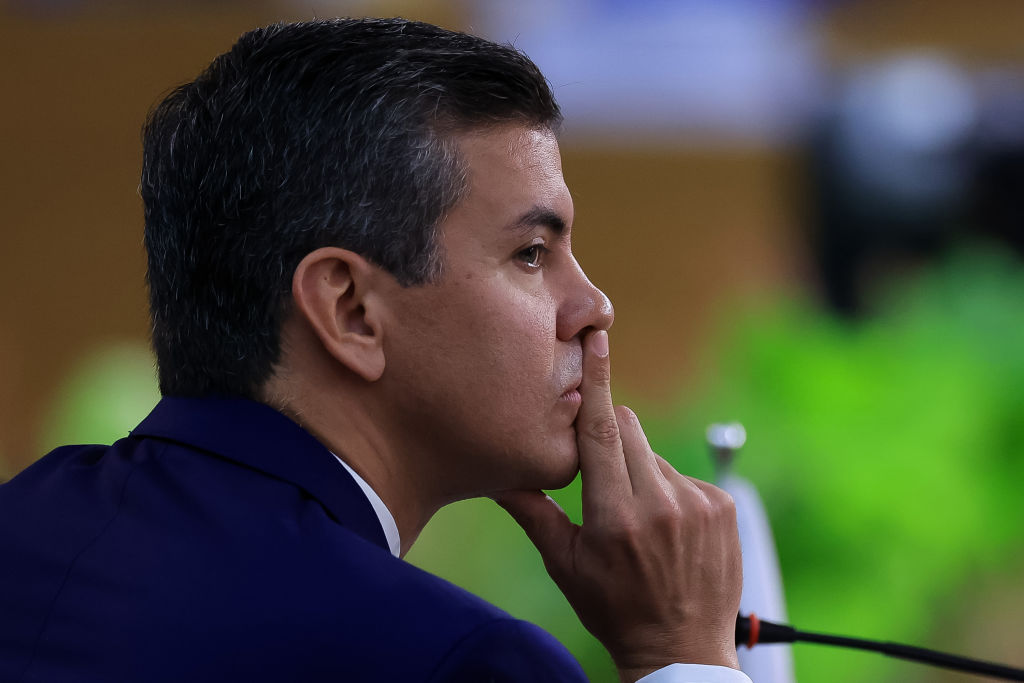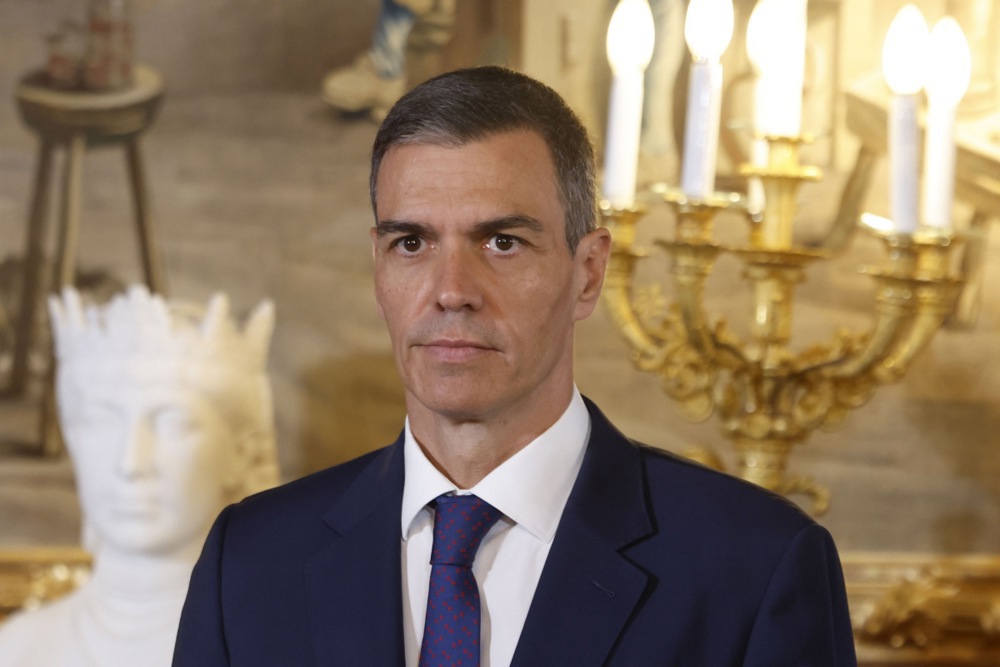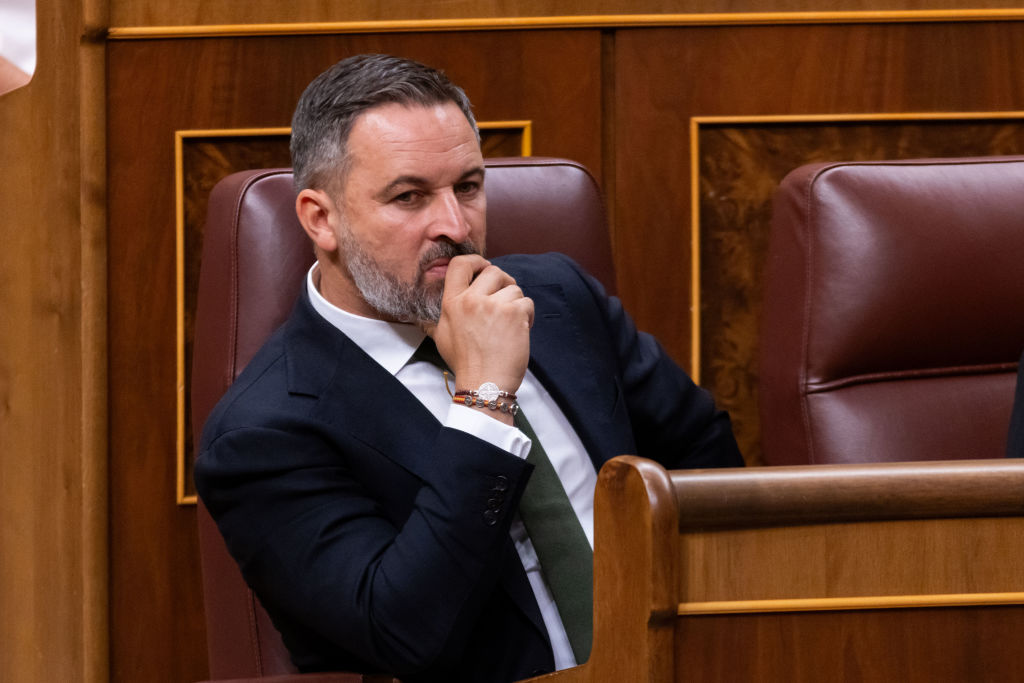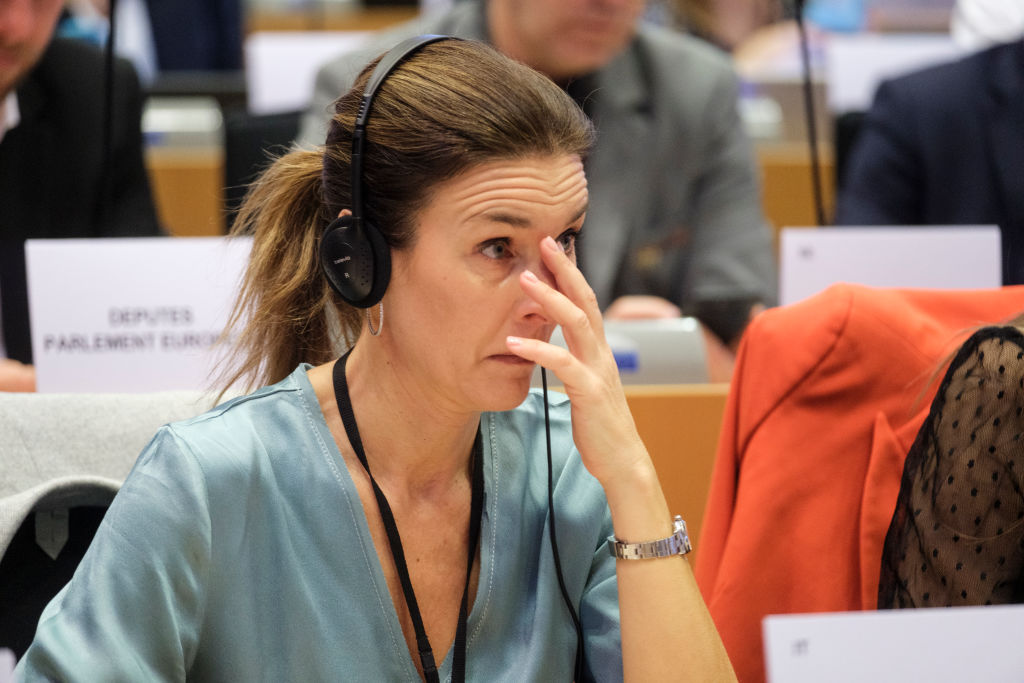The latest scandal to hit the Spanish Prime Minister Pedro Sánchez’s government appeared to have been one too many.
An increasing number of his Spanish Socialist Workers’ Party (PSOE) members have publicly contested his leadership.
Following the resignation of PSOE secretary Santos Cerdán amid allegations of corruption, regional leaders of the PSOE in Castilla-La Mancha and Aragón expressed their lack of confidence in Sánchez’s leadership.
Much the same was said by the PSOE Mayor of Mérida and, perhaps more tellingly, former prime minister Felipe González.
Among the complaints, they pointed to “reputational damage”, heightened by the latest scandal allegedly involving prostitutes and porn stars revealed on June 17, and an increasing lack of credibility, seeing new elections as the only way out for the party.
Others were less dramatic but still called for a snap party congress with the aim of expunging those under suspicion from the PSOE.
The PM has ordered an audit of the party’s finances to in a bid to regain credibility but within his party critics agreed that the latest scandal had left Sánchez without political capital to withstand another crisis.
Several names were being floated for the succession of Sánchez. One was Eduardo Madina, a former MP and party group leader from the Basque region who was targeted by ETA terrorists.
Juan Lobato was a former PSOE Madrid leader and also touted as a possible next leader but seen by many as too close to Sánchez.
A third option could be the leader of PSOE in Catalonia, Salvador Illa, whose star has been rising since the Socialists became dependent on the votes of separatist Catalan parties.
Illa has been instrumental in negotiating with the separatists and keeping Sánchez in power.
That, though, has created enmity from the Right, who accused Illa and PSOE in general, of essentially being treasonous.
VOX MEP Hermann Tertsch pointed to Catalonia’s regional government under the leadership of Illa as being “offensive” towards Spain by attempting to build parallel structures to those of the national government, including the recently announced diplomatic corps.
According to Tertsch, the aim was to incrementally copy national Spanish institutions on the regional level through concessions from centre-left and centre-right governments in Madrid.
In the case of the Catalan diplomatic delegations, it was even worse because they “systematically propagate contempt and hatred of Spain”, he said.
Tertsch further stated that “without the separatist votes the [Socialist] government would collapse and, it now seems clear, that if power and impunity are lost many will have to sit in the defendants chair; Sánchez and Illa amongst them”.
Observers said this aspect would be a crucial deciding factor in internal PSOE power struggles since Illa may be palatable to regional Catalan votes but could be a far more divisive figure on the national stage.





